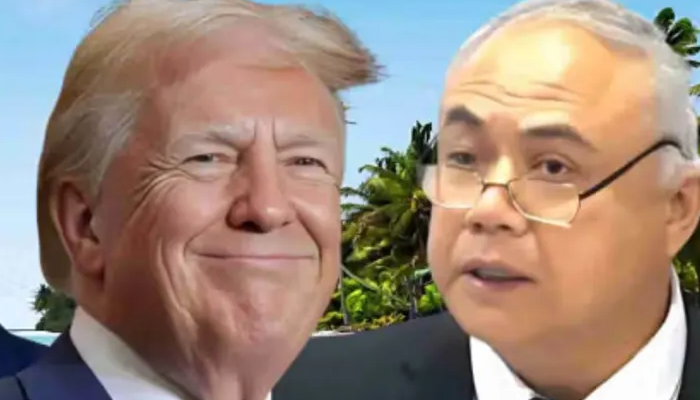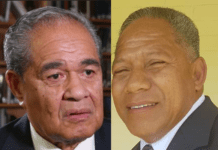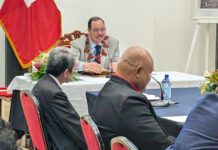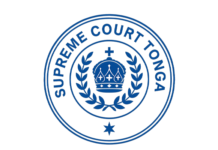Tongan travellers may face new U.S. entry restrictions as the White House considers unprecedented bans.

A new administration memo has outlined several reasons for the potential ban, including insufficient government-issued identity documents, high rates of visa overstays, and concerns about widespread government fraud.
Some nations were flagged for offering citizenship through monetary investment without residency requirements, while others were criticised over alleged “antisemitic and anti-American activity” by their citizens in the U.S.
The newly listed countries are deemed non-compliant with U.S. benchmarks.
The US State Department memo, which The Washington Post reviewed, said it “was signed by Secretary of State Marco Rubio and sent Saturday to U.S. diplomats who work with the countries.”
The Post requested clarification and details from the administration, but has not yet received them.
The memo said “the governments of listed nations were being given 60 days to meet new benchmarks and requirements established by the State Department. It set a deadline of 8 a.m. Wednesday for them to provide an initial action plan for meeting the requirements.”
According to the Post, the memo identified varied benchmarks that, in the administration’s estimation, these countries were failing to meet. Some countries had “no competent or cooperative central government authority to produce reliable identity documents or other civil documents,” or they suffered from “widespread government fraud.” Others had large numbers of citizens who overstayed their visas in the United States, the memo said.
Other reasons included the availability of citizenship by monetary investment without a requirement of residency and claims of “antisemitic and anti-American activity in the United States” by people from those countries. The memo also stated that if a country was willing to accept third-country nationals who were removed from the United States or enter a “safe third country” agreement, it could mitigate other concerns.
For years, travelling to the U.S. has been a major concern in Tonga because applicants face high costs, including trips to Fiji to apply for a visa at the US Embassy there.
It was one of the key issues Tonga used to negotiate the establishment of a U.S. Embassy in Nukuʻalofa last year.
In 2020, the US Census reported that 78,871 people in the US have Tongan ancestry.
One study described the Tongan community in the States as “a struggling Tongan immigrant population”.
Research by Tongan scholar Vanesa Tu’i’one and others, published by the National Library of Medicine, says Tongans have among Los Angeles County’s lowest per capita incomes, and more than one in four Tongan Americans (28.5%) in Los Angeles County live below the Federal Poverty Level.
The countries facing scrutiny in the memo: Angola; Antigua and Barbuda; Benin; Bhutan; Burkina Faso; Cabo Verde; Cambodia; Cameroon; Democratic Republic of Congo; Djibouti; Dominica; Ethiopia; Egypt; Gabon; Gambia; Ghana; Ivory Coast; Kyrgyzstan; Liberia; Malawi; Mauritania; Niger; Nigeria; Saint Kitts and Nevis; Saint Lucia; Sao Tome and Principe; Senegal; South Sudan; Syria; Tanzania; Tonga; Tuvalu; Uganda; Vanuatu; Zambia; and Zimbabwe.
The expanded ban follows the Trump administration’s initiation of a large-scale operation that has resulted in the arrest and deportation of many Pacific islanders.
As Kaniva News reported previously, among the 1.4 million people at risk of deportation from the US, over 561 are former citizens of Fiji, 151 are Tongans, and 57 are Sāmoans.
That report which was also published by other Pacific island media, alarmed leaders in Tonga, Fiji, Sāmoa, Papua New Guinea, and the Marshall Islands, all of which are already struggling to integrate a significant number of deportees, many of whom have been convicted of serious drug-related and violent crimes in the United States, Australia, and Aotearoa New Zealand.
Dr ‘Aisake Eke, Tonga’s Prime Minister, early this year expressed concern over Trump’s immigration policies, stating that the influx of deported migrants would worsen Tonga’s existing challenges.
It has been estimated that about 30 criminals have been deported to Tonga each year since 2010.
Eke said he was concerned about the potential impact of the US immigration crackdown on Tonga.







